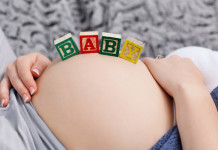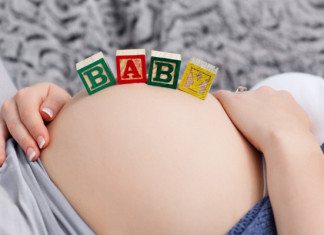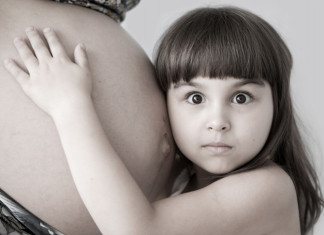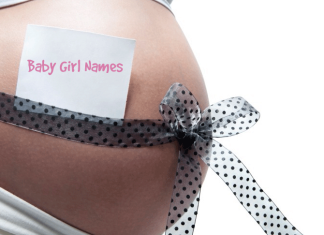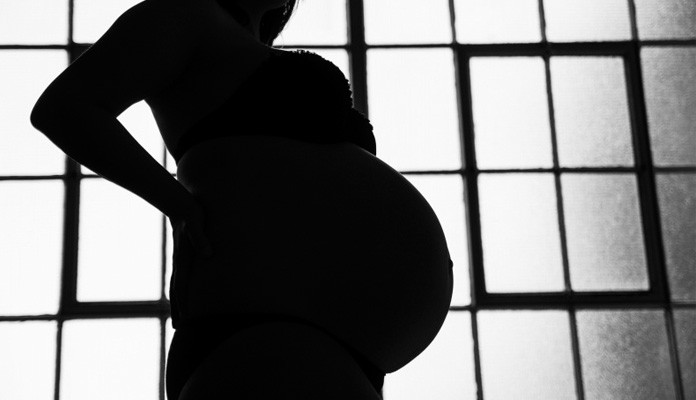
Pregnancy is defined as the time period taken by fetus to develop fully inside a mother’s uterus. The period of pregnancy is mainly divided into three trimesters and each trimester is divided into weeks. The fetus as well as the mother undergo through a series of physical and physiological changed during each trimester. The 38th week pregnancy lies in last trimester where the fetus develops to the maximum. A woman who is 38 weeks pregnant is considered as a full term mother. The main changes that occur in a fetus during the 38 week of pregnancy include:
- The weight of the fetus increases and is usually around 7.5 pounds.
- The fetus can see and hear during 38 weeks pregnant stage.
- The brain continues to develop.The lungs and kidney develop.The languor disappears completely.
- The baby is covered by vernix caseosa which is a waxy layer that protects the fetus.
Physiological Changes in a 38 Weeks Pregnant Woman
A 38 weeks pregnant mother also will manifest quite a lot of changes. The size of the mother’s belly remains stable. However, if the baby drops down the pelvis, the belly lies lower than where it was before. It is during this time the mothers will get to know the signs and symptoms of labor. This includes Braxton Hicks contractions which are felt by the mother at uneven intervals. They become intense and appear to gets closer and finally disappear. One may not confuse this contraction with the real contractio0ns which occur during the labor.
The mothers will have increased urinary frequency and this is due to the compression of the full grown fetus on the urinary bladder. Since the body weight of the fetus increases, the mothers may experience varying degrees of backache and discomfort. Heart burn usually occurs during 38 weeks pregnant period. Swelling of the legs is common during this period. Some women experience massive pain in the legs associated with the swelling for which they have to consult a doctor. The mother hardly feels the fetal movements and this is because of the full development of the fetus inside her uterus.
Signs And Symptoms
There is no way to know when labor is going to start. Some mothers deliver at full term, whereas some women may even go up to 41 weeks. Some of the common signs of labor during the 38 weeks pregnant period are as follows.
Lightening occurs. Lightening is the process where the baby drops down into the pelvis of pregnant women. It usually occurs usually a couple of weeks before the active labor begins. As the baby drops down, the mothers will have a great deal of relief from discomfort and uneasiness in breathing. At the same time, the pressure applied by the fetus on the urinary bladder is increased as a result the mothers experience urinary frequency.
The cervix ripens during the 38 weeks pregnant stage. This is one of the major signs of labor. It happens before the onset of labor which usually occurs a week before the active labor starts. The painful Braxton Hicks contractions lighten during this period as well as it tends to dilate the cervix. The mothers do not have to consult a gynecologist until their cervix dilates up to 4 centimeters.
If a 38 weeks pregnant women experience any kind of contractions which takes place at regular intervals, it is confirmed that they are in labor. Any contraction that occur at five minutes apart and that lasts for a period of 60 seconds is considered as the true sign of labor. The true contractions can be felt by placing your hand on abdomen of a pregnant mother.
Usually amniotic sacs breaks during the 38 weeks pregnant period, it is common known as the breaking of water. When the water breaks it comes out as a gush or just as a trickle. If it happens that way one need to call the gynecologist. If one does experience the contractions which help in breaking the amniotic sac, then doctors may have to induce contraction to accomplish the delivery of the baby. The assessment on the health conditions of a 38 weeks pregnant woman is very important so as to ensure that she is safe to proceed to the 39 weeks pregnant stage.

